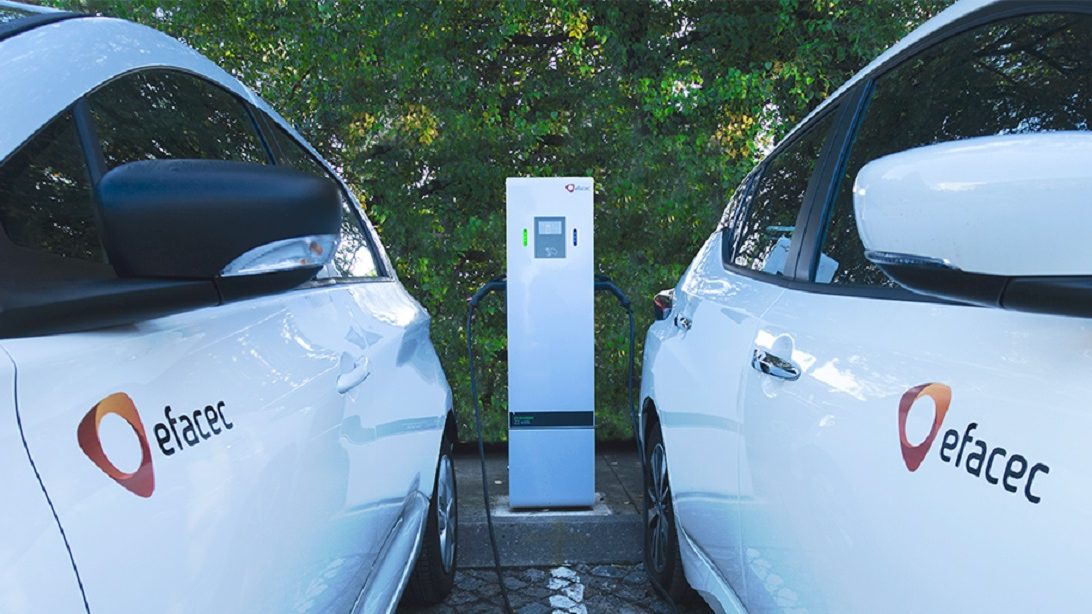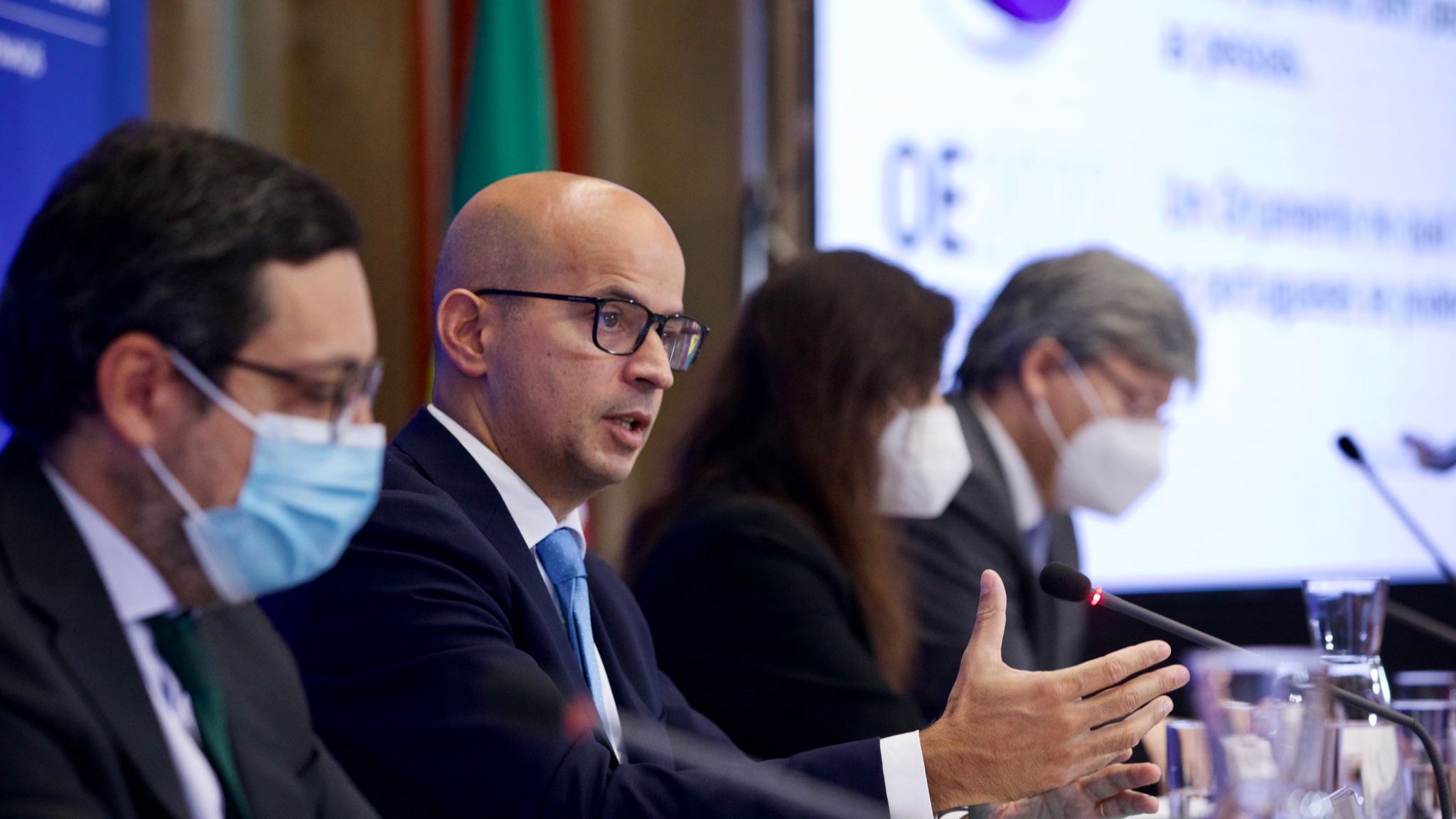PM António Costa wins snap election with absolute majority
Sunday's elections were won by Portugal's ruling Socialist Party (PS) with 41.7% of the votes.
The Socialist Party (PS) of António Costa won this Sunday’s snap election with an absolute majority (41.7% of the votes), electing at least 117 MPs. In second place was the Social Democrats (PSD), 27.8%, with 71 seats.
Contrary to what happened in the last election, the Socialists was able to gather enough votes to obtain the so desired absolute majority to form a government without needing coalitions or compromises. Due to this unexpected result, PSD’s leader, Rui Rio, has already announced that he will resign.
Tweet from @psocialista
With strong growth emerges the far-right party Chega with 7.2% of the votes, giving them 12 seats in the Portuguese parliament, making Chega the third-biggest party in the assembly.
In fourth place surges the Liberal Initiative (IL) with 5% of the votes, meaning that Cotrim’s party will have a total of eight MPs represented in the parliament.
Tonight’s biggest loser was the Left Bloc (BE). After electing 19 MPs in 2019, the party led by Catarina Martin was unable to attract votes (4.5%) this year and grabbed only five seats for their deputies. With fewer votes, but standing out in bigger constituencies, Portugal’s Communist Party (PCP) elected six MPs, with 4.4%.
The two last seats available were given to the People–Animals–Nature party (PAN), with 1.5%, and Livre, with 1.3% of the votes.
It also should be noted that after 47 years, the People’s Party (CDS) no longer has representatives in the Portuguese parliament, which led to the immediate resignation of president Francisco Rodrigues dos Santos.
The constituencies outside Portugal are still to be determined but will have no impact on the election’s final result.
Abstention stood at 42%, down 10% from the previous election, even though today’s vote was held during the peak of Covid-19 cases. According to the country’s health authorities, Portugal had between 671,500 and 783,600 voters isolated due to the pandemic.


